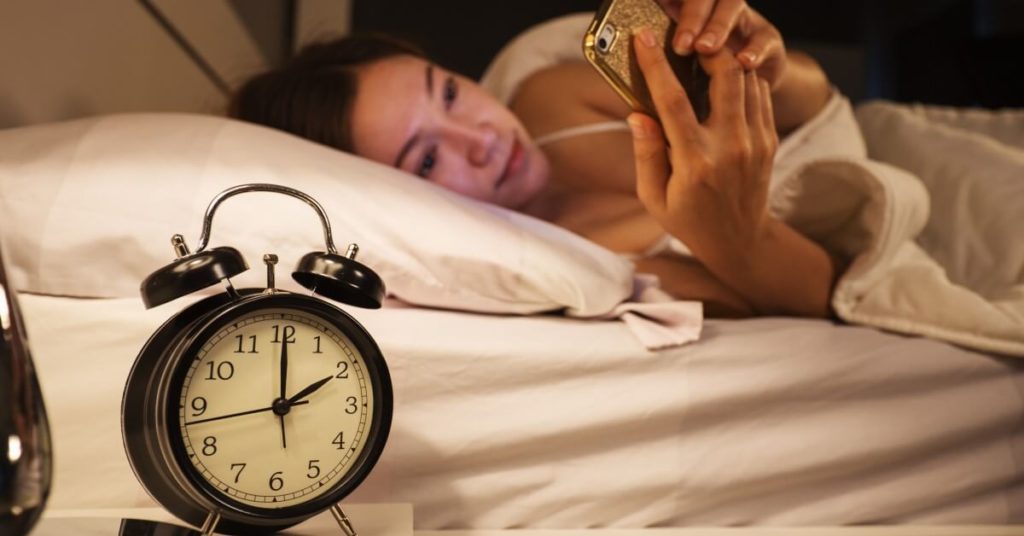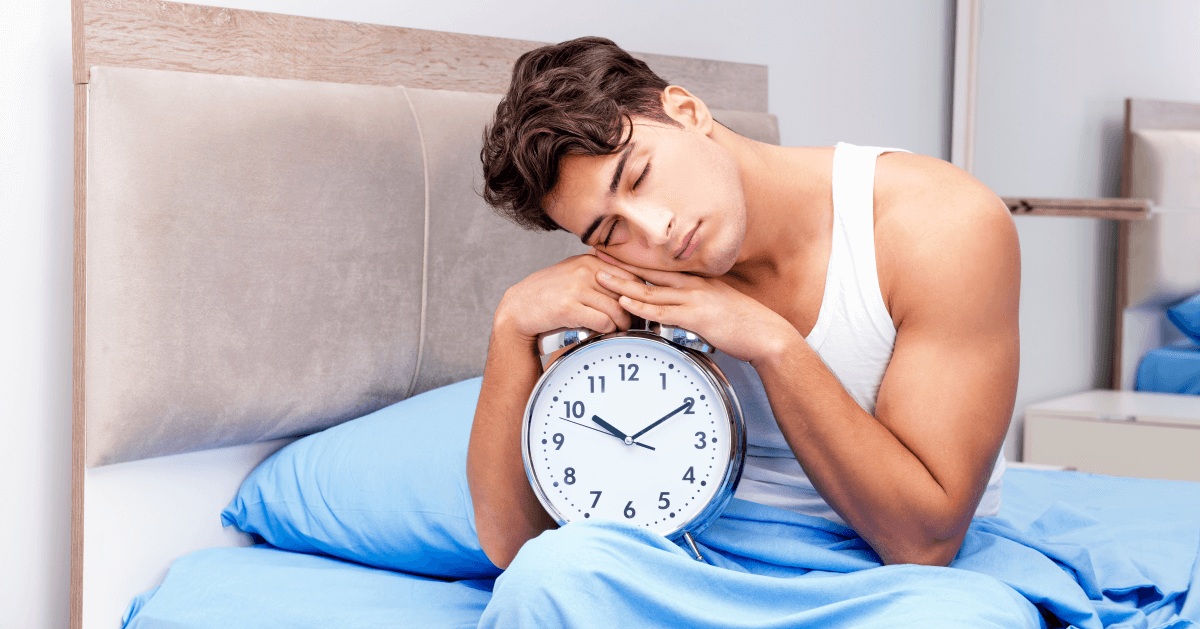
Medically reviewed by
Dacelin St Martin, MD
Triple board-certified in Sleep Medicine,
Internal Medicine, and Pediatrics.
Factors that Influence Chronotypes | Types of Chronotypes | Knowing Your Sleep Chronotype
Overview
A sleep chronotype is the individual variances in sleep schedule and preferences for a specific time of day.[1]
You may notice that you have a particular sleep-wake pattern that doesn’t align with the people around you. These differences result from the influence of your chronotype on your sleep and wake cycle.[1]
While others start their day with so much energy, you may find it hard to even get out of bed. Also, sleep chronotype affects appetite, core body temperature, exercise, and social life.[2]
Factors that Influence Chronotypes
A person’s chronotype is determined mainly by genetics.[3] Scientists have linked chronotypes to the PER3 gene.[4] Specifically, the length of the PER3 gene determines one’s chronotype.[1]
People with longer PER3 genes tend to be early birds; they are usually super active in the morning and go to bed quite early. In contrast, those with shorter PER3 genes are often more active at night.[1][4]
Age, environmental factors, and personality can influence your chronotype.[5]
Types of Chronotypes
Scientists identified three types of chronotypes; early birds, hummingbirds, and night owls. However, recent discoveries show that there are four chronotypes.[6] These chronotypes include;
- Bear Chronotype: It’s the most common chronotype. About 50 percent of the general population belongs to this category. Anyone with this chronotype usually enjoys working a typical 9-5 job because their energy level peaks in daylight. Someone with a bear chronotype will typically sleep when the sun is down and wake up when the sun is up.
- Lion Chronotype: It’s the early bird chronotype. A lion chronotype typically gets up early from bed (around 6 am). They are most productive in the morning and their energy slumps at night. It makes it hard for them to keep up with night schedules.
- Wolf Chronotype: It’s the equivalent of a night owl. Wolf chronotypes usually wake up late at night but find it hard to wake up early in the morning. Someone with this chronotype might not be a good fit for the regular 9 am – 5 pm office work.
- Dolphin chronotype: They are the outliers. Anyone with this chronotype may sleep lightly and have insomnia. Dolphin chronotypes do not have a particular sleep pattern.
Knowing Your Sleep Chronotype
To know your chronotype, you will need to observe your sleep and wake preferences. You can establish a pattern that fits the described chronotypes.
You can complete sleep chronotype questionnaires, like the Morningness-Eveningness Questionnaire (MEQs) and the Munich Chronotype Questionnaire (MCTQ), to find out your chronotype. [1][5]
Figuring out your chronotype can help you in many ways, including;
- Help You Get Better Sleep: Identifying your chronotype can help you plan your rest and wake time to your biology
- Increase Efficiency: Knowing when your energy level is up can help you work at your most productive hours and rest afterward
- Help you Understand and Manage Mental Health: Studies associate chronotypes with personality traits, like meticulosity and openness.[1]
Conclusion
Quality sleep is crucial for good mental health and productivity. Identifying your sleep chronotype can help you sleep better and improve your quality of life.
References:
- Randler, Christoph, et al. “Chronotype, Sleep Behavior, and the Big Five Personality Factors.” SAGE Open, vol. 7, no. 3, 2017, p. 215824401772832., https://doi.org/10.1177/2158244017728321.
- T;Fischer D;Lombardi DA;Marucci-Wellman H;Roenneberg. “Chronotypes in the US – Influence of Age and Sex.” PloS One, U.S. National Library of Medicine, https://pubmed.ncbi.nlm.nih.gov/28636610/.
- Kalmbach DA;Schneider LD;Cheung J;Bertrand SJ;Kariharan T;Pack AI;Gehrman PR; “Genetic Basis of Chronotype in Humans: Insights from Three Landmark Gwas.” Sleep, U.S. National Library of Medicine, https://pubmed.ncbi.nlm.nih.gov/28364486/.
- Archer SN; Robilliard DL; Skene DJ; Smits M; Williams A; Arendt J; von Schantz M; “A Length Polymorphism in the Circadian Clock Gene PER3 Is Linked to Delayed Sleep Phase Syndrome and Extreme Diurnal Preference.” Sleep, U.S. National Library of Medicine, https://pubmed.ncbi.nlm.nih.gov/12841365.
- “Chronotype.” Chronotype – An Overview | ScienceDirect Topics, https://www.sciencedirect.com/topics/agricultural-and-biological-sciences/chronotype.
- Breus, Michael. “Learn the Perfect Hormonal Time to Sleep, Eat and Have Sex: Michael Breus: Tedxmanhattanbeach.” Michael Breus: Learn the Perfect Hormonal Time to Sleep, Eat and Have Sex | Michael Breus | TEDxManhattanBeach | TED Talk, https://www.ted.com/talks/michael_breus_learn_the_perfect_hormonal_time_to_sleep_eat_and_have_sex/transcript.


